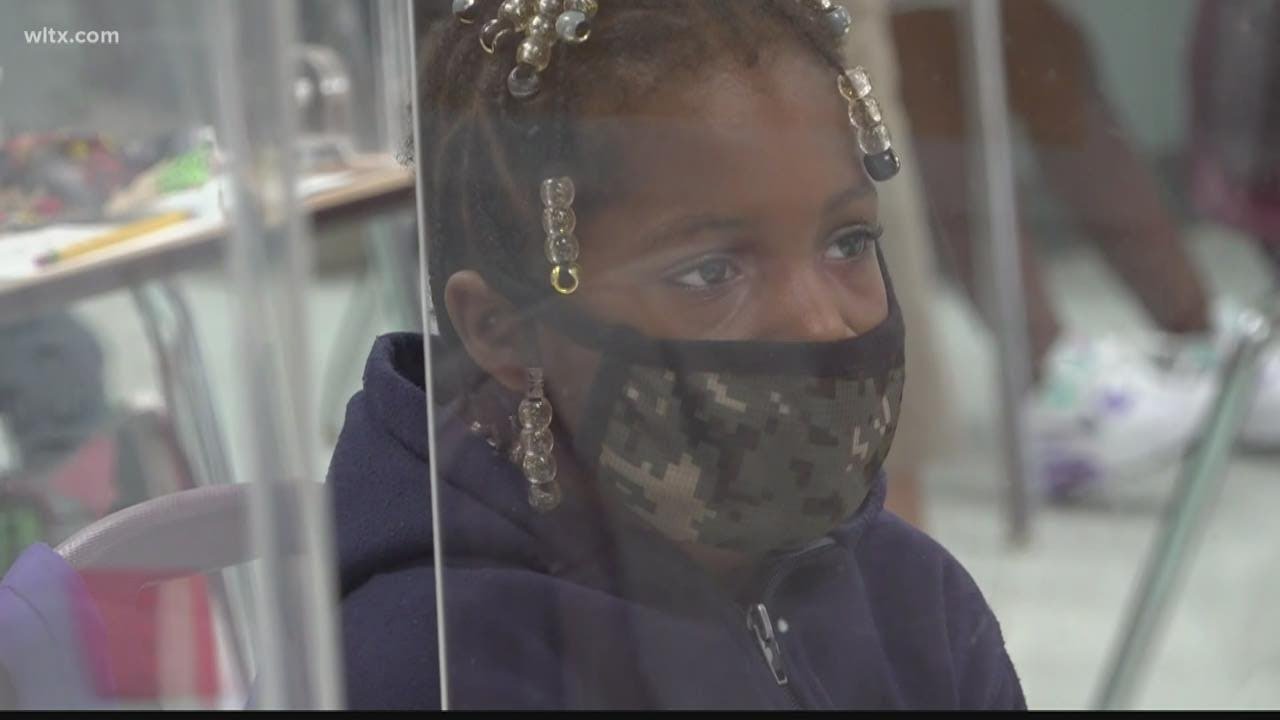you love all of your four babies and you want your cats and dogs not to fight like well, cats and dogs. Having felines and canines in the family can be complicated, but there are ways. Toe. Have a happy, furry home. If you’re adopting from a shelter, ask the workers if the cats have been exposed to dogs before or vice versa. Animals want to play. The problem is puppies and kittens don’t play the same way. How you handle the introduction process can be crucial before the new first siblings meat. Take the dog outside to run off any excess energy. Melo is best for meeting the cat. The American Humane Society says a human should be present for the first time. The dog and cat meat and the dog should be on a leash just in case. Create separate safe spaces in your home for the dog and cat to retreat. Teoh crates, beds or bathrooms are good places for your for baby to hide when they’ve had enough with the other species have separate areas for your animals to eat. Jackie Lynn Schultz of the A s P. C. A rope for Petfinder Remember cat food and dog food are not interchangeable. Keeping them out of each other’s bowls is crucial. Blended families can work, but it may take time, supervised dog and cat interactions and look for signs of aggression. But after a while, you could be a part of a great big, furry family.
Young children from dog-owning households are better behaved, more empathic and have a greater emotional wellbeing than those without a dog, a new study has found. The research, which was conducted by the University of Western Australia and Telethon Kids Institute, analyzed more than 1,600 families with children aged between two and five-years-old. Out of the households in the study, 686 (42%) owned a dog. By asking the parents to fill out a questionnaire, the experts were able to measure the children’s behavior, study how they interacted with others and look at how they acted when it came to sharing. Their findings discovered: Children who played with their family dog three or more times a week were 74% more likely to regularly engage in mindful behaviors.Those who joined their family on dog walks at least once a week were 36% less likely to have poor social and emotional development. Children from dog-owning households were 40% less likely to have problems interacting with other children. 34% of the children from dog-owning households were more likely to engage in considerate behaviors, such as sharing. Associate Professor Hayley Christian, the corresponding author, said to Medical Press: “While we expected that dog ownership would provide some benefits for young children’s wellbeing, we were surprised that the mere presence of a family dog was associated with many positive behaviors and emotions. “Our findings indicate that dog ownership may benefit children’s development and wellbeing and we speculate that this could be attributed to the attachment between children and their dogs. Stronger attachments between children and their pets may be reflected in the amount of time spent playing and walking together and this may promote social and emotional development.”
Young children from dog-owning households are better behaved, more empathic and have a greater emotional wellbeing than those without a dog, a new study has found.
The research, which was conducted by the University of Western Australia and Telethon Kids Institute, analyzed more than 1,600 families with children aged between two and five-years-old. Out of the households in the study, 686 (42%) owned a dog.
Advertisement
By asking the parents to fill out a questionnaire, the experts were able to measure the children’s behavior, study how they interacted with others and look at how they acted when it came to sharing.
Their findings discovered:
- Children who played with their family dog three or more times a week were 74% more likely to regularly engage in mindful behaviors.
- Those who joined their family on dog walks at least once a week were 36% less likely to have poor social and emotional development.
- Children from dog-owning households were 40% less likely to have problems interacting with other children.
- 34% of the children from dog-owning households were more likely to engage in considerate behaviors, such as sharing.
Associate Professor Hayley Christian, the corresponding author, said to Medical Press: “While we expected that dog ownership would provide some benefits for young children’s wellbeing, we were surprised that the mere presence of a family dog was associated with many positive behaviors and emotions.
“Our findings indicate that dog ownership may benefit children’s development and wellbeing and we speculate that this could be attributed to the attachment between children and their dogs. Stronger attachments between children and their pets may be reflected in the amount of time spent playing and walking together and this may promote social and emotional development.”












